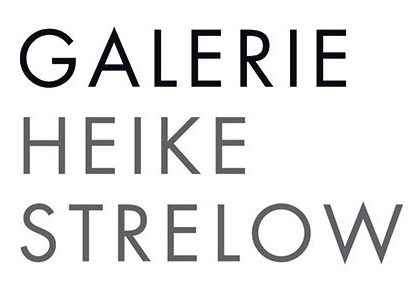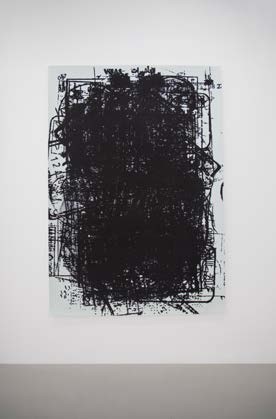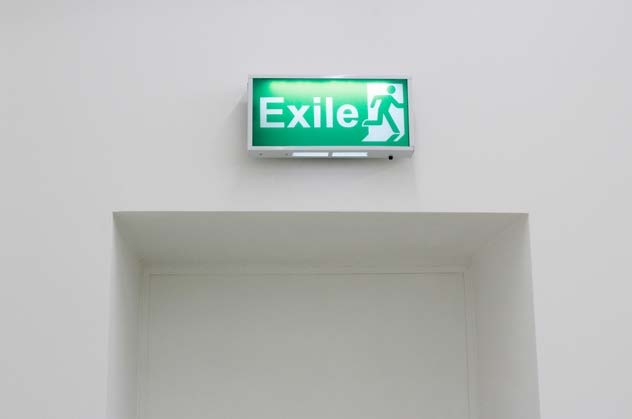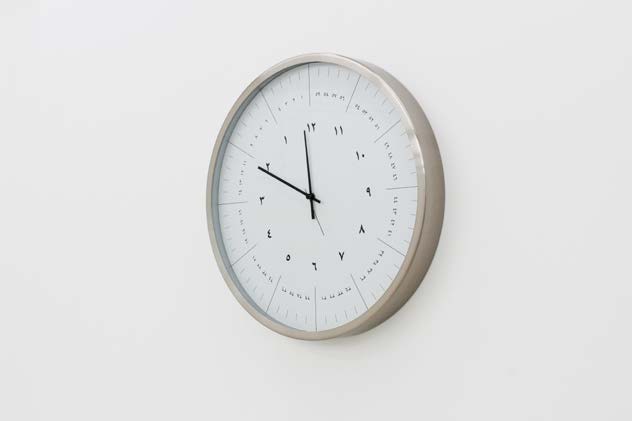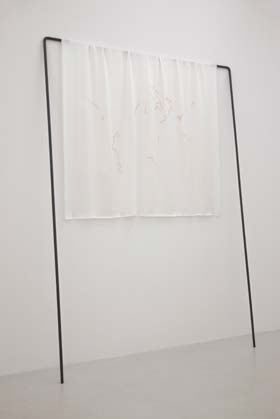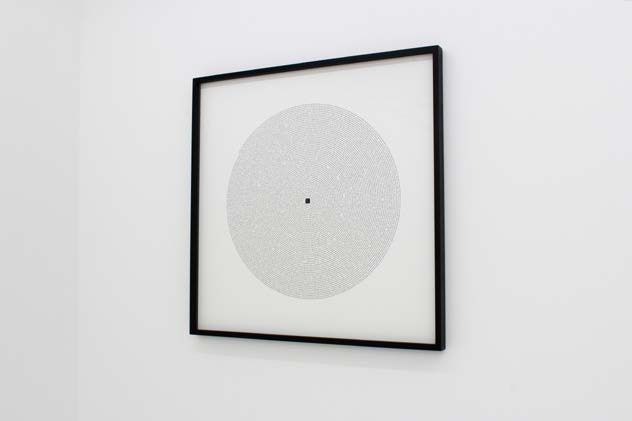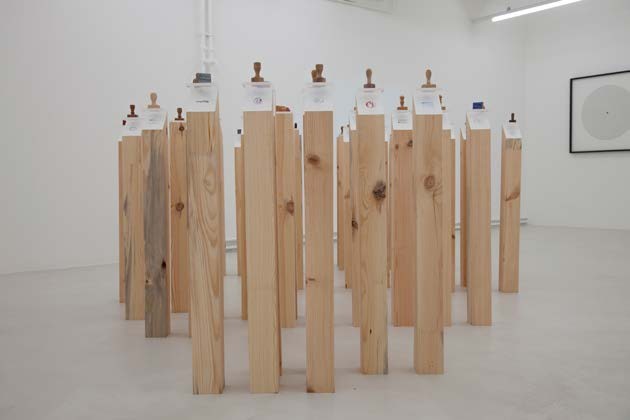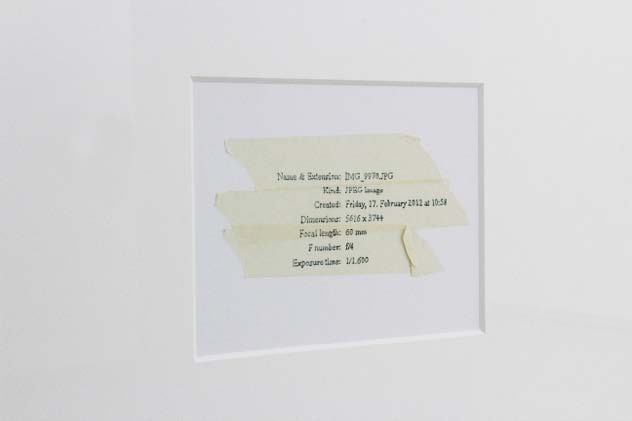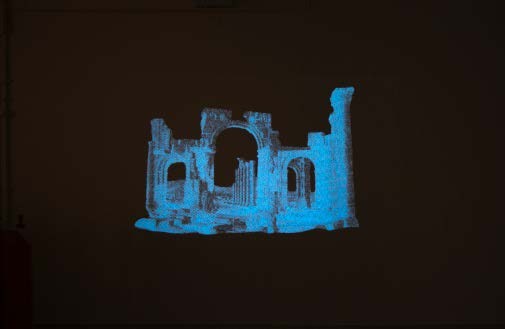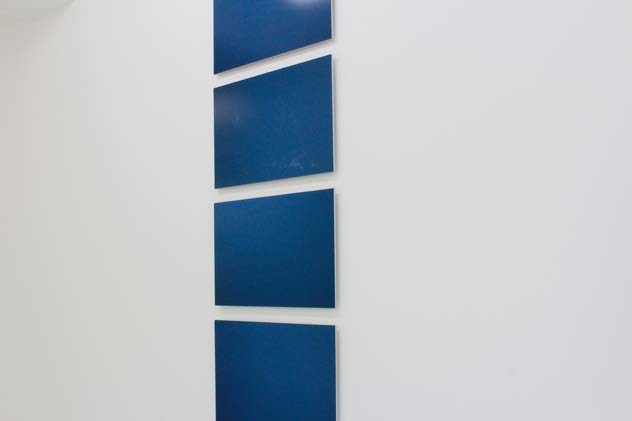Khaled Barakeh
Aufheben
2 February 2019 - 16 March 2019
Khaled Barakeh
“The forms of modern life may differ in many ways – but what they all have in common is above all their fragility, transience, vulnerability and tendency to constant change. To be modern is to renew oneself – compulsively, obsessively; not so much to be simple, let alone to keep one’s identity untouched, but to keep growing, to avoid completion, to remain undefined. (….) “Fluid modernity” is the growing conviction that change is the only permanent thing and uncertainty the only security. A hundred years ago, “being modern” meant chasing the “final state of perfection” – now it means a multitude of improvements without a “final state” in sight or even coveted.” – Zygmunt Bauman
Aufheben is a collection of works dealing with identity and its interplay with the individual as well as with society. The title Aufheben is derived from one of the central ideas of Hegelian theory. It refers to the dynamic between two opposing concepts or assumptions that are changed and at the same time maintained by their interaction with each other. The works in Aufheben analyse the theme of transition within larger structures, mediating between the identities of artist and viewer without excluding or devaluing anything.
By addressing moments of permeability between the personal and the collective, Aufheben presents visual documents of a population in an age of uncertainty, caught in ever-changing circumstances. This winding path leads through the various geographical, political, architectural and cultural structures that shape the identities of people in transition. In search of logic in seemingly contradictory realities, individuals and entire societies are confronted with new challenges and hardships, becoming not only recognisably adaptable, but also more complex and diverse. By deftly exposing the layers of media reality, Aufheben reveals the mostly invisible contestation of the symbols and images of identity that are forced, lost, protected and reclaimed. In Bauman’s words, “where we hope to end up (….) is a “there” we thought little of and knew even less about”.
